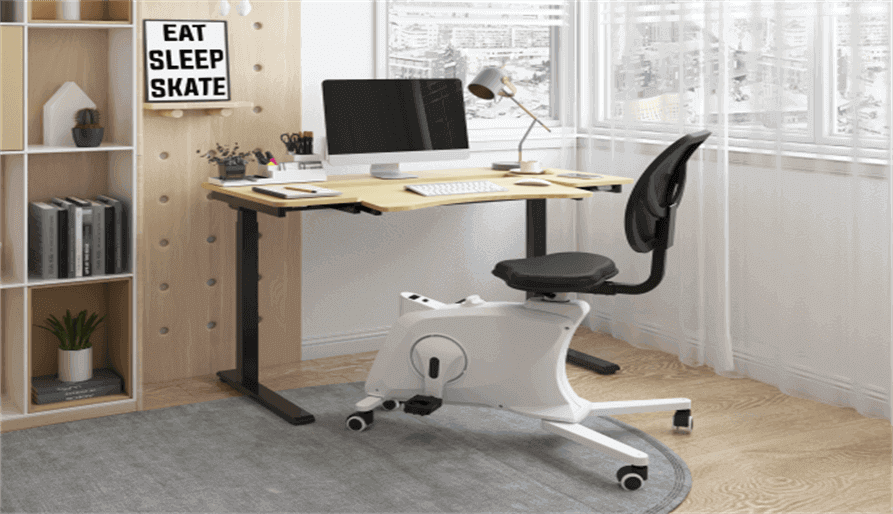desk

4 Factors that reduce work productive

Workplace productive may help a business get to its destination, fulfill its goals, and produce positive year-end outcomes. A productive workplace also includes personal and professional progress, as well as a core sense of direction, workplace harmony, and effective coordination and so on. Nevertheless, there are several factors that reduce workplace productivity. You may sometimes see that productivity in your workplace is declining due to variables or a group of factors that you are oblivious of.
The good news is that none of these issues are so severe that they cannot be addressed. It's just a matter of figuring out what you can do to get things back on track. Here is a list of factors that reduce workplace productivity.
No Clearly Defined Purpose
A sense of purpose motivates people to go to work each day on time and get things done. It should be noted, though, that it is not the situation in every company. Some workplaces lack a distinct sense of meaning, significance, or purpose. Employees are in limbo as a result of this. It also affects workplace productivity because there is no apparent primary purpose for labor.

Ineffective Time Management
Improper time management is one of the most significant productivity destroyers—the entire concept of keeping productive focuses around producing a given level of output in a fixed unit. When time management skills go off the tracks, a large portion of the notion is ruined. Everyone can be productive if they figure out what works best for them. You may discover that some of the more intrusive time management techniques are the ones to which you need to learn. There is no need for you to feel humiliated if this is the case. Understand that you are different, and don't let your expectations bring you down.
Lack of Recognition and Incentives
Good effort ought to be praised, complimented, and acknowledged. Employees are motivated to push for higher and higher limits since they are aware of the benefits. Yet, one major factor that contributes to lower job productivity is a lack of acknowledgment. When their employees achieve, some bosses, managers, team captains, or executives fail to congratulate and honor them adequately. Overall, this has the impact of depressing the employee or employees in question.
Thanking your employees for all their efforts is one of the easiest strategies to boost their moods and output. You can never go wrong with a customized "thank you" – whether in person, by email, or via a card. After attaining a milestone, throw a surprise party on a Friday afternoon. Additionally, provide staff with benefits such as flexible scheduling, increased pay, vacation time, or continuing education reimbursement.

Sub-Standard Workplace
Workers become frustrated, exhausted, and injured as a result of poor workplace design. It is more likely to result in an unpleasant and harmful injury, decreased productivity.
Subpar furniture has a role to play in contributing to poor work performance. Body aches are frequently caused by poor furniture. Back pain from poorly constructed chairs, aching necks, and tired hands are significant contributors to decreased office productivity. A mediocre table suggests that someone will be uncomfortable while doing their job.
A workplace ergonomics improvement approach eliminates risk factors contributing to musculoskeletal injuries, allowing for increased performance and effectiveness.